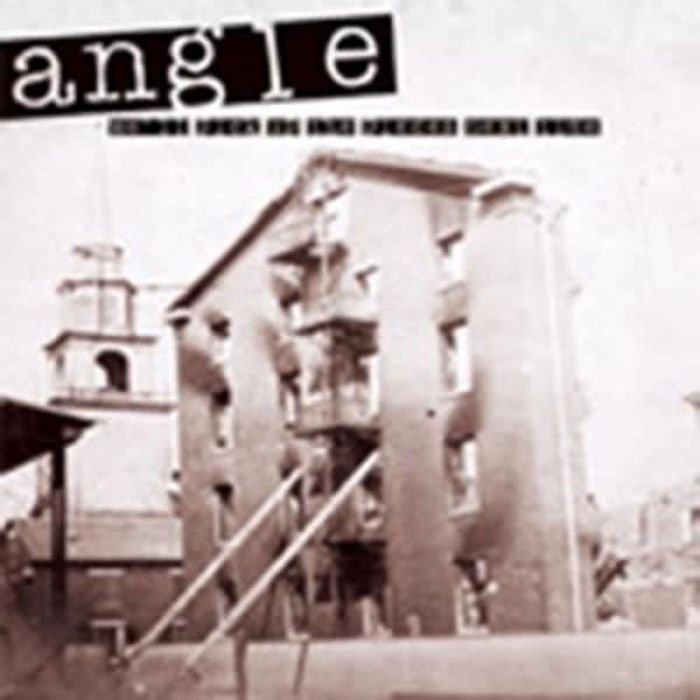We’ll Pick Up The Pieces Next Time by Angle (Review)

It may have taken me awhile, but I finally got around to reviewing Angle’s deprecatingly titled Silence Is Better Than Nothing late last year. And I’m sorry it took me so long, as it was quite a nice little gem, taking the same sort of hushed, damaged lo-fi pop approach that has served Hood so well and adding in some lovely electronic elements of its own. For their followup to Silence…, the trans-Channel duo of Andrew Richards and Sylvain Closier have chosen to look even further inward and release an even more hushed and muted collection of songs.
We’ll Pick Up The Pieces Next Time features a very similar mixture of elements as Silence…, but everything is starker and sparser. The beats and rhythms that often propelled much of Silence… have grown rather shy and withdrawn, if they’re even there to begin with. However, their absence doesn’t really damage the duo’s music at all. If anything, it serves only to draw the listener even further in.
“Greeneyesea” takes its time starting — pulsing electronic sounds and shapeless basslines mosey along, with horns straying off somehwere in the distance. It’s not until the song’s final third that the hushed vocals come in singing such cryptic lyrics as “You know you mustn’t give in to the green-eyed sea fish/Swimming through the pale stained-glass window.”
The sparseness of the duo’s new sound doesn’t mean these songs are boring. On the contrary, it causes the listener to pay even more attention to what’s going on, and each sonic element becomes that much more noticeable and takes on greater weight. For example, in a fuller song, the soft groans of static and glitch that filter in alongside “Greeneyesea“ ‘s vocals would get lost in the shuffle. In this case, however, they add tension to the piece, as if there’s something just on the other side of the song trying to break through, as if the song’s structure is just about to fall apart.
Occasionally, the duo does pick up the pace somewhat. “Sell Your Toes” consists primarily of an interplay between guitar and basslines, with lush interludes of sighing vocals and horn sounds. However, in its final moments, the song kicks up a notch or two — the guitars grow more insistent, the pace becomes a bit more rapid, and the vocals a bit more forceful. However, this is all pretty relative, and in fact, even my slight description makes it sound busier and more complex than it really is.
“Photographic” is one of the disc’s lusher tracks, thanks in large part to the layered vocals that provide a soft, ephemeral bed for the shifting guitar lines favored by the duo. It’s also one of the more electronically active tracks as well, with odd bits of electronic detritus (glitch, radio noise, static, hiss) popping up here and there, bookending parts of the song. The understated use of those elements actually makes them intriguing once again, as opposed to so many bands that just smother their music with them.
“By Proxy” comes close to falling under this criticism, but once again, the duo’s reserved approach saves the song. Rather than sound gratuitous or trendy, the modem sounds and electronic squiggles make the gasping vocals sound even moreso, lending the song a surreal texture not unlike Lucid’s music.
As with Silence…, I have to complain about the duo’s preference for rather short songs (a point driven home by the fact that the album’s closing track seems cut off in mid-stride). Eight songs in under 25 minutes might be great for pop-punk, but there is a part of me that wants more, that wants to hear what might happen if the duo were to stretch out their songs and let their elements meander even more. But I also realize that that particular criticism really doesn’t hold up too much in light of what Richards and Closier really have accomplished here.